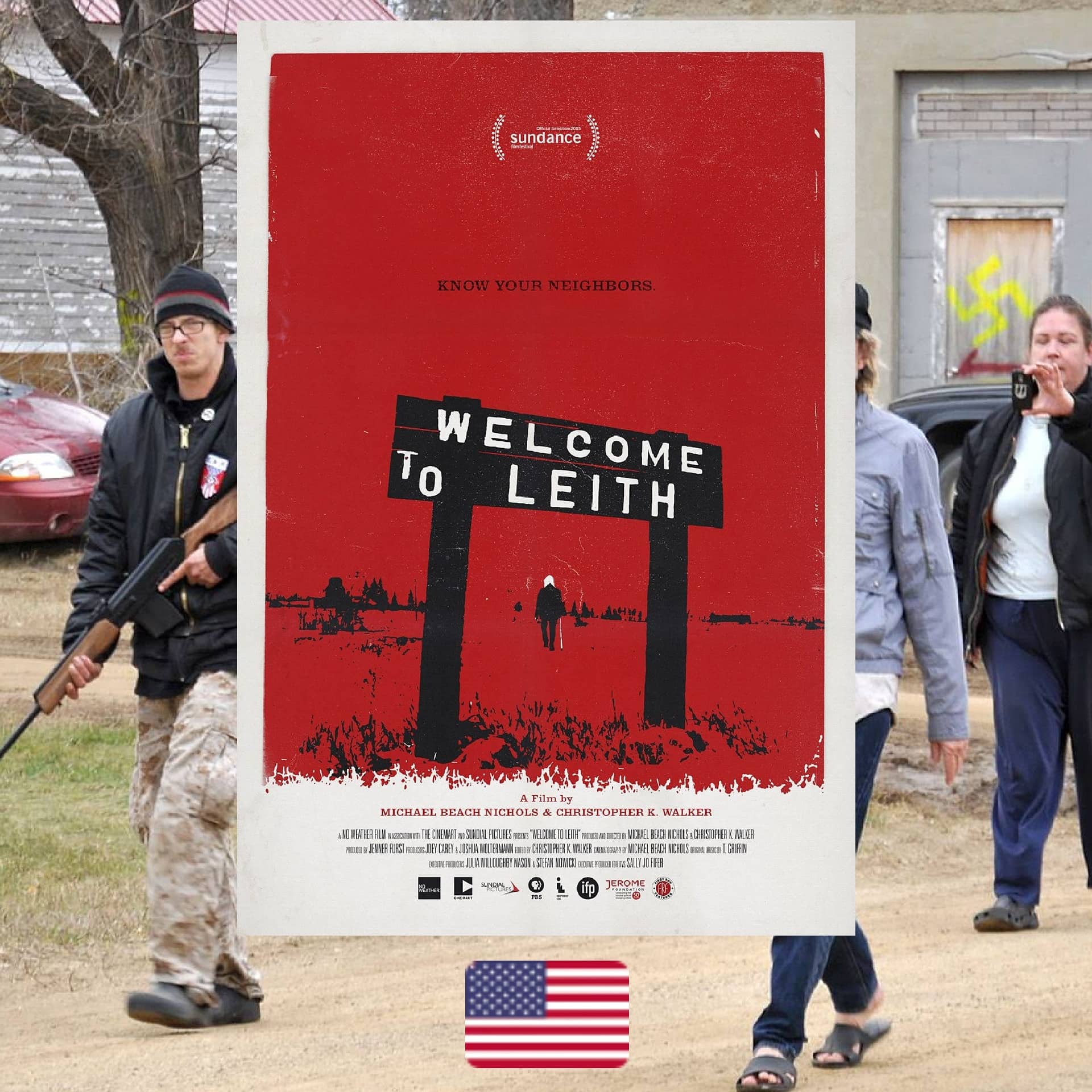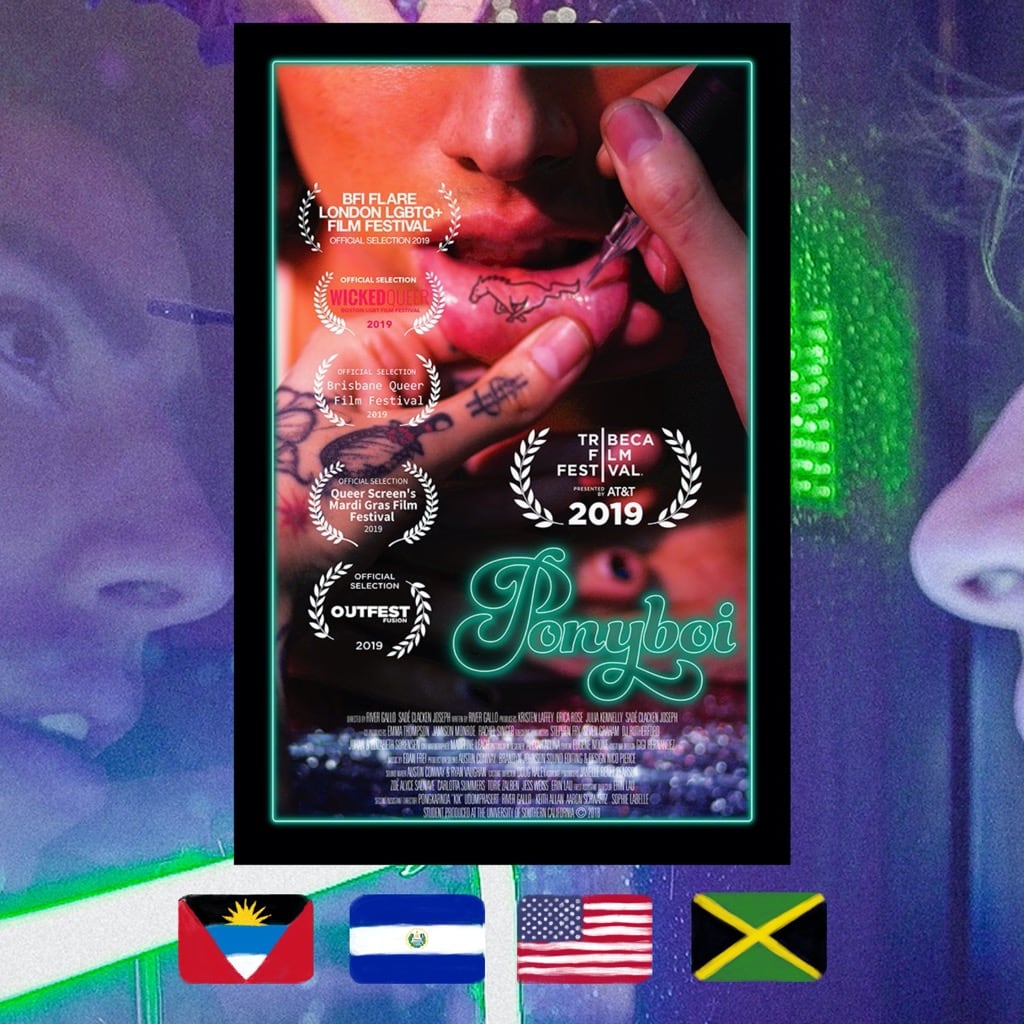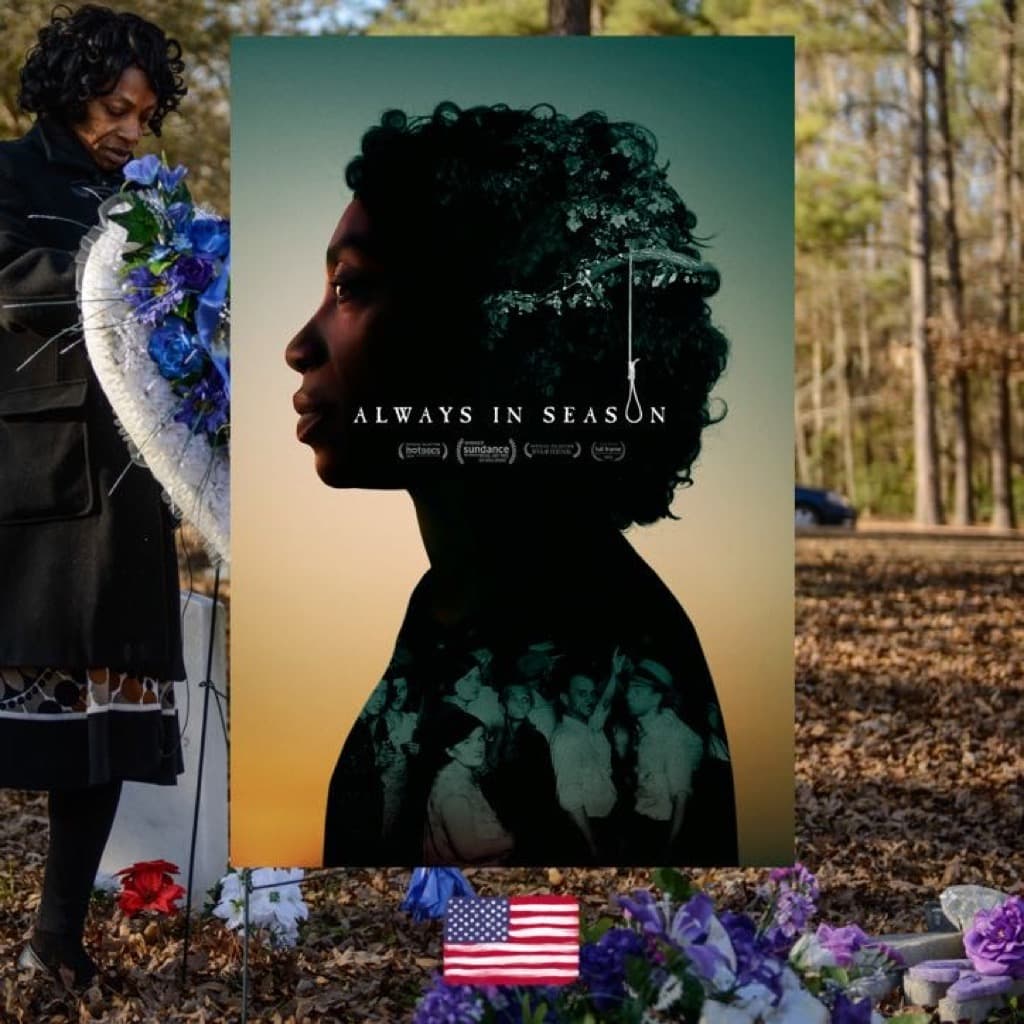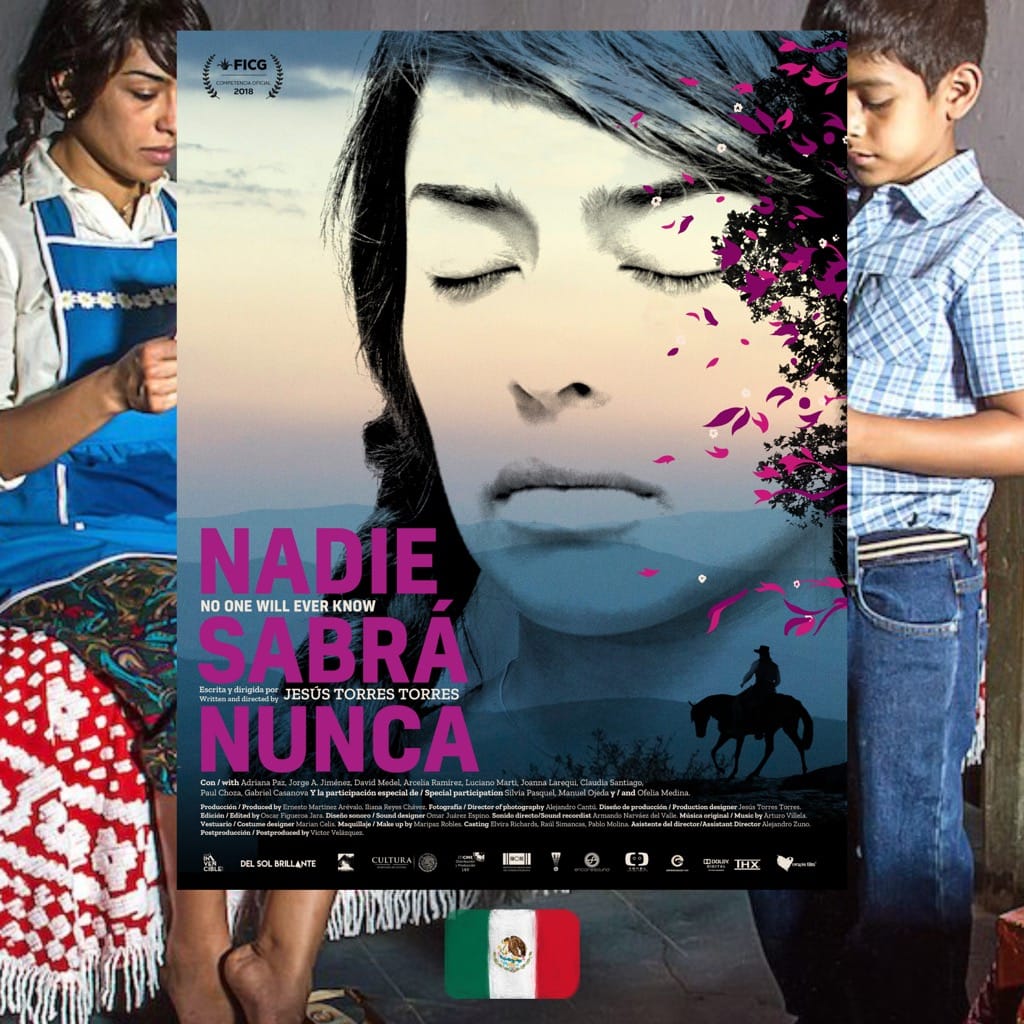A historical encounter of an Inuit elder and a settler government official is dramatized with heart, humor, and brutal honesty in a film on the absorption of indigenous culture by the colonial state


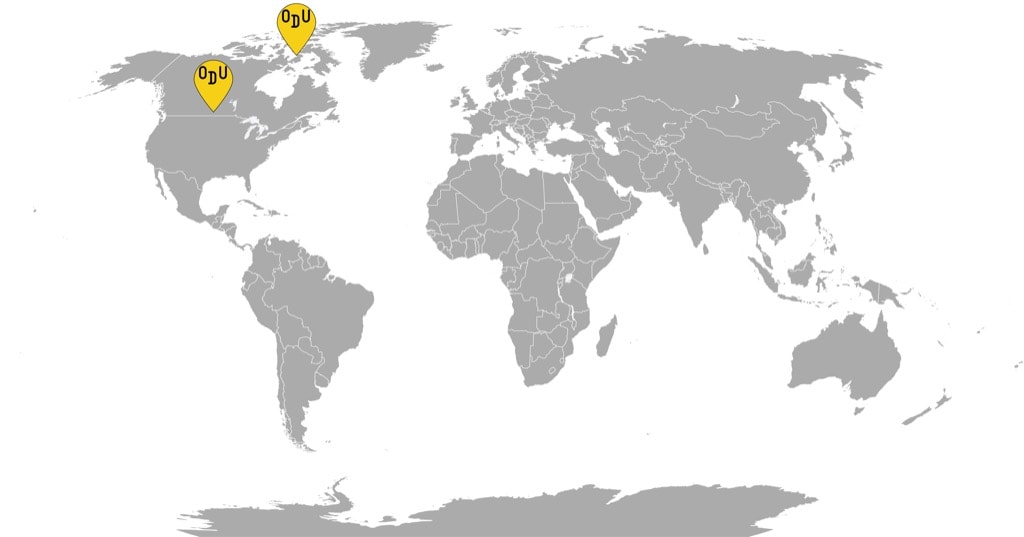
FROM FIRST NATIONS PEOPLES, NUNAVUT INUIT and CANADA
WHAT IT’S ABOUT: It’s 1961, and Noah Piugattuk is living the simple life of an Inuit man,—one of the few still left in the snowy plains of Nunavut territory, —while serving as a leader to his people. There’s a vast, brilliant whiteness around them, you can only get somewhere by dogsled, and the tea is made of pristine iceberg water. One day, as a gang of people, including Noah and his daughter, are out seal hunting, a Canadian government official approaches them. Referred to as “Boss,” he comes bearing gifts—saltines, jam, tea, sugar—and a request that all Inuit people move to the settlement. As the film follows the negotiations between the Boss and Noah and his people, conducted in English and Inuktitut via translator, the many dignities, mysteries, and pains of being the last indigenous people to remain outside an empire’s growing infrastructure are uncovered.
WHO MADE IT: Director Zacharias Kunuk, himself an Inuit, was born in Kapuivik, part of Pigattuk’s camp. Self-taught filmmaker, he had been documenting the Inuit reality for the last three decades. In fact, the film ends with footage of the real Noah Piugattuk performing a traditional song, which Kunuk recorded alongside his longtime collaborator Norman Cohn, who was born in NYC but spent the majority of his life in Canada. Along with the late Paul Apak Angilirq, Kunuk and Cohn co-founded Isuma, Canada’s first Inuit-owned production company. Kunuk and Cohn co-wrote the film’s screenplay, with Kunuk directing and producing alongside cinematographer Jonathan Frantz, and Cohn editing. The pair are best known for “Atanarjuat: The Fast Runner,” an indigenous blockbuster and the world’s first film entirely made in the Inuktitut language, as well as a varied array of dramas and documentaries centered around the Inuit experience.
Inuit actor, who has previously worked with Isuma, Apayata Kotierk, embodies the prideful depth of Noah Piugattuk, while Benjamin Kunuk, the lead in Isuma’s Inuit Western “Maliglutit,” performs as Evaluarjuk, the translator.
The role of the Boss is played by Kim Bodnia, a Danish actor who is best known for the original version of the TV show “The Bridge,” as well as the Danish gangster thriller “Pusher,” and most recently BBC’s “Killing Eve’.
WHY DO WE CARE: While “One Day in the Life of Noah Piugattuk” is supposed to be a reenactment of the encounter between real-life Inuit elder and the so-called “Indian agent,” it takes on a very particular form in eschewing the usual constraints of a dramatization. Instead of trying to make it more dynamic or dramatic via various fictional devices, Kunuk and Cohn decided to stick to the raw power of the dialogue between the two men. Set in real-time, and unwrapping slowly, as the Inuklituk-speaking Noah and the English-speaking Boss have to rely on the translator to carry their intentions across to the other party, the film’s premise is a gamble. Yet, it pays off marvelously, becoming a tragedy of epic proportions set against the dazzling vastness behind them. At times, it’s a gem of satire: like when the Inuit men, upon hearing of a promise of monetary payments to those who move to the settlement, question the idea of money that is presented as the touchstone of existence by the white man. At times, the narrative becomes so ripe with the settler state’s irredeemable injustices and its implicit racism that it becomes painful to watch. The viewer has to admire the dignity and restraint of the Inuits as they have to face a rotten sales pitch. This makes the translator, Evaluarjuk, a subdued but most fascinating character. Seemingly neutral, he becomes the embodiment of the crevice between the two civilizations. And yet, even though he appears to know how to play by the colonial rules, he can’t deflect from the laughability of the issues his white Boss is peddling when juxtaposed against the Inuit reality.
WHY YOU NEED TO WATCH: Quite minimal but incisive, “One Day in the Life of Noah Piugattuk” offers an incomparable look into the private and public life of Inuit living off the grid n the 1960s. With the landscape repetitive, and humans bundled up, its atmosphere is sustained mostly through sound. From the incessant coughing of Noah’s wife during scenes set within the sod house to the loud grunts Piugattuk makes as he makes a grievous journey away from his encounter with the white man. The Inuklituk speech patterns, the crunch of snow, and the talk, of iceberg tea, of seal hunts, of snacking on frozen fish, all echo against the blinding brilliance and reverberate within the dome of the bluest sky. And then there are the faces, often squinting at the sun and snow, or trying to glean why in the universe the settlers will not just let them live. The film’s scope, reaching far outside the traditional joys of Inuit life, and further than Piugattuk’s own inner battles, becomes as monumental as the white plains surrounding the narrative. While the occasion at its center may seem minute, it is, in fact, one of the first few stones that were unturned in the great dismantling of the land that had nurtured generations of Inuit dwellers. It was merely two decades ago, and still in Piuggatuk’s lifetime, that the Inuit gave up the majority of their land rights and their mineral rights to the Canadian government. The tribe gained income from it, and the results, like anything else in our world, were a mixed bag of good and bad, with the final deliberation still ongoing, as climate change continues. When the real Piuggatuk makes an appearance towards the end of the film, he is a gaunt, surprisingly youthful-looking man nearing 100, dressed in settler clothes, but singing an emotionally-charged native song. Just like this song, out of place in what seems like a community center, and soaring away, into the wilderness, “One Day in the Life of Noah Piugattuk” is a heart-rending lament for a fleeting culture, for a people absorbed, for the irredeemable and the forfeited. A feat of taut dramaturgy and incredible performances from its cast, Benjamin Kunuk’s film is a rare possibility to witness the tragedy of settler colonialism firsthand, in its mundane cruelty and lack of options available.
One Day in the Life of Noah Piugattuk, 2019
Director: Zacharias Kunuk
For more content like this sign up for our weekly newsletter
WATCH THE TRAILER


